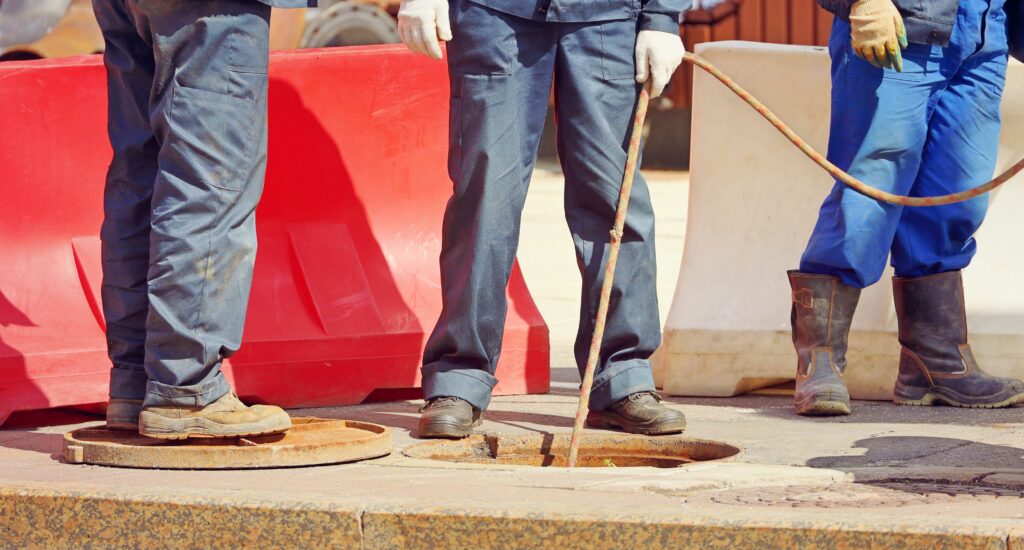West Virginia City Implements Grease Interceptor Ordinance
The City Council in Piedmont West Virginia passed an ordinance mandating that all commercial kitchens install a grease interceptor as a result of recent issues with grease clogging up a Downtown sewer line.
The City had to unclog the Ashfield Street line five times as a result of excess grease in the sewer system. They needed the assistance of the City of Keyser’s big vacuum truck.
Despite the fact that commercial kitchens are required by state law to have grease interceptors to prevent problems of this nature, it is up to individual municipalities to create an ordinance in order to enforce it.
The new Sewer Protection Code declares that commercial kitchens are “solely responsible for keeping and maintaining the sewer pipe leading to the municipal sewer line clear and free of blockage.”
If grease or other materials are permitted to enter the sewer system illegally and cause a clog, the City may suspend water service to the offending establishment until the problem is resolved.
While this might seem like a heavy-handed approach, this ordinance appears to be the only option available to the community.
This was the City’s fifth attempt to open that sewer line up, and every time the problem persisted. It took a lot of manpower and equipment to finally clear things up.
The Sewer Protection Code states that the business owner is in charge of maintaining and cleaning out their grease interceptor after it is installed. They are also required to keep a record of when maintenance is carried out. These documents are subject to the City Council’s review.
If you’d like to keep food debris from clogging your grease interceptor so you won’t need to have it pumped out as often, consider installing The Drain Strainer.
Invented by a former restaurant owner, The Drain Strainer captures food solids that normally clog your pipes and grease interceptor, while still allowing your sinks to drain quickly.

